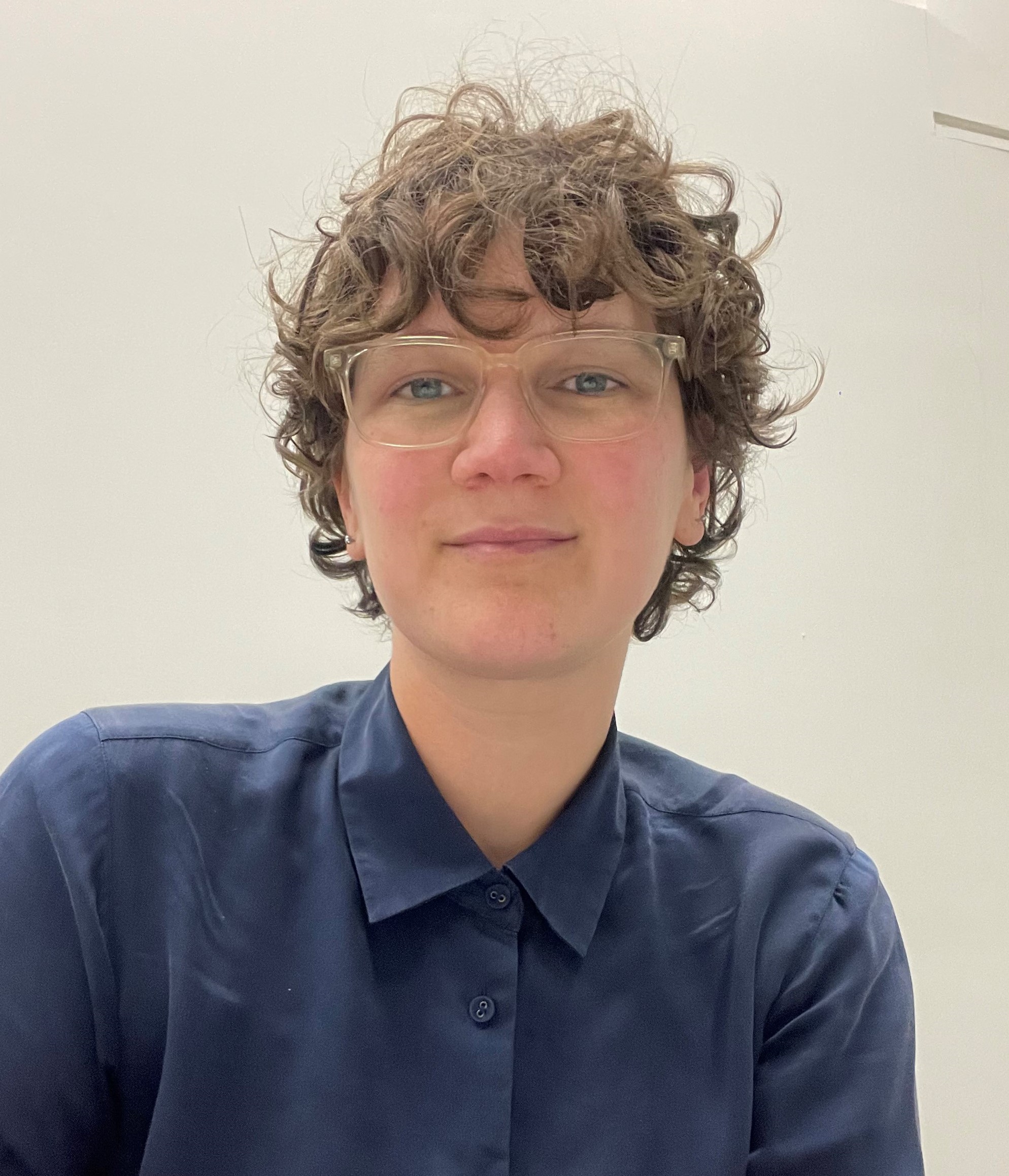Jess' story on International Non-Binary People's Day
 HRMIS Data Analyst, Jess Darroch
HRMIS Data Analyst, Jess Darroch
On 14 July – International Non-Binary People’s Day, we celebrate the rich diversity of gender by recognising those people who do not identify as either a man or a woman – the non-binary members of our community.
At HSS we want to acknowledge our non-binary employees and thank Jess Darroch for sharing their story with us.
“I came out about a year ago. It was actually on Non-Binary People’s Day last year and I sent my mum a text message and ‘Today is International Non-Binary People’s Day, and that makes it my day.
“Mum just sent back a love heart emoji, and that was that.”
Jess Darroch, Data Analyst, HRMIS, doesn’t identify as a male or female. As a small child they told their mother that when they grew up they wanted to be a boy because ‘boys have more fun’. Their mum told them that they could be anything they liked, so they did.
“I often talk about my experiences as a woman as I can’t separate myself from that. I was raised as a woman, and some people will see me as one. This means that I sometimes speak to my experiences in the context of a woman, which can confuse some people.
“It’s not an admission of gender, but rather acknowledgment of the influence that the gender binary has on me and everyone around me. While I don’t relate to being a woman or identify as one, I know what it feels like to live under the assumption that I am one. People see me with the biases they apply to women, and I know what it feels like to have the expectations of women in society placed on me.
“Non-binary is what I have always been, but now I have words for it,” they said.
“It’s really daunting to come out,” they said. “You don’t just come out once, you come out over and over, to family, to friends and in the workplace. It’s not just a case of changing your pronoun, but once you do, you’ve drawn a line in the sand.”
“I have to be really careful where and when I come out so that I have the energy to advocate for people like me and set an example as well as making sure I have a strong support network around me.
“ I want to make it easy for people who do fit within the gender binary to understand what we are about, but also make it easier for future non-binary people to not have stereotypes assigned to them,” they added.
Jess said that it makes them wince when people misgender them and use the wrong pronouns.
“Gender is a social construct and not biological. I think this is an important element that will help binary-gendered people (i.e. men and women) understand what it means to be non-binary,” they said.
“It’s not a label, it’s a different way of speaking and seeing the world. Language is really important. The words we speak influence and reflect the way we feel, so its important to be considerate with your words,” they said.
“If you mis gender someone, then correct yourself and move on.”
According to Jess, there’s no such thing as a non-binary ‘look’.
“Gender expression isn’t necessarily about my haircut or the clothes that I wear. My gender comes from within. You don’t know someone’s gender until they tell you; you can’t assume it,” they said.
Jess seems to think that although identifying as non-binary is not new they feel that people are slowly becoming more accepting.
“I hope that we can live in a world one day where it is a non-event for everyone because it’s actually really daunting to come out. You have to be really vulnerable, there’s a lot of resistance because it’s so new and so misunderstood.
“Talk to us, and ask us what makes us comfortable. Most people are happy to share,” they said.

